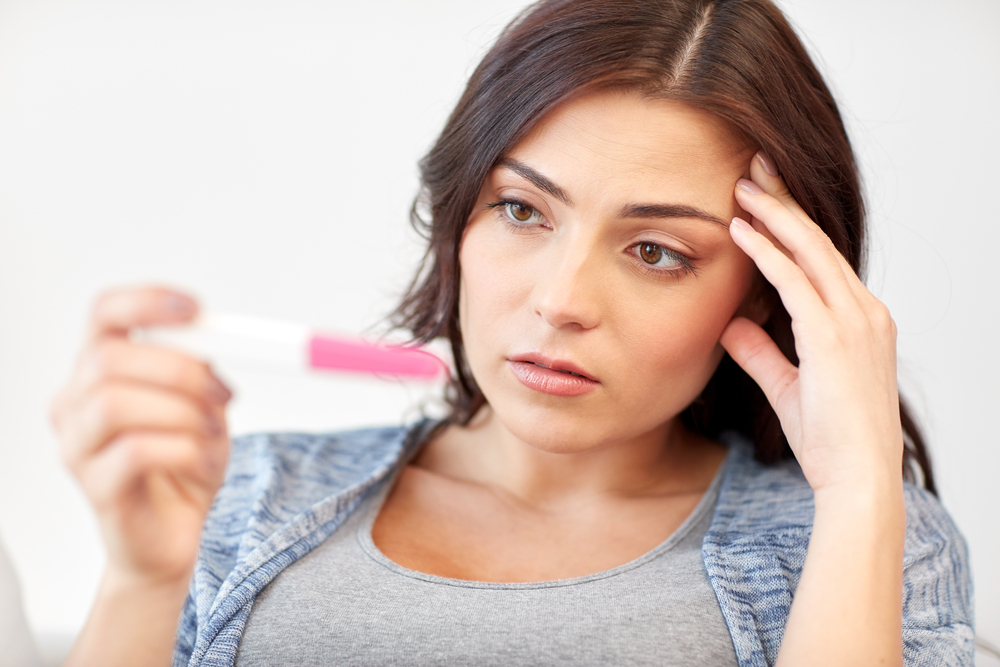
Whether it’s age, physical stress, medical conditions or genetics and hormonal disturbances, the reasons behind female infertility, not being able to become pregnant after a year of trying, are diverse and wide ranging. If you’re one of the many women who have been having difficulties and hopes to have a giggly baby in your arms in 2020, it’s important to be well-informed. The good news is the vast majority of couples who have struggled to conceive at some point are now parents thanks to advanced treatments.
“Certain elements may impact a woman’s ability to get pregnant in a natural way. Lifestyle choices as well as the decision to delay pregnancy, among others, can contribute to a woman’s capability to conceive later on in life,” Dr Upma Shanker, IVF Specialist at the IVI Middle East Fertility Clinic in Muscat, said. “Some serious medical conditions may lead to infertility problems as well. Whatever the case might be, women - most of the time, only find out about their condition after actively trying to have a baby for a year but failing to conceive. Such a situation is understandably devastating to any couple,” the team member at the clinic with a success rate of over 70 percent, the highest in the Middle East, added.
According to IVI, the parent company of IVI Middle East Fertility Clinics, which offers extensive male and female infertility treatments, one in every seven couples has difficulties in getting pregnant. When it comes to female infertility, the most common medical causes are endometriosis, obstructions in the fallopian tubes, polycystic ovary syndrome (PCOS) and other ovulation problems such as anovulation. Quite a few young women are also affected by some of these health issues.
About 35 percent of females facing infertility have been diagnosed with endometriosis, or the presence of tissue that lines the uterus outside its normal location in the womb. And approximately 25 percent have had difficulty conceiving due to some abnormalities in their fallopian tubes.
PCOS is a medical condition that causes irregular menstrual cycles or no menstruation at all. Around 20 per cent of women have polycystic ovaries and are having difficulty conceiving because they do not ovulate.
With anovulation, menstruation stops completely. Stress, significant weight gain or loss, polycystic ovaries, or even excessive production of prolactin, the hormone responsible for producing breast milk, can result in anovulation, while menopause is the inevitable and natural reason for this condition.
IVI Fertility also cited other risk factors that contribute to fertility problems. These include myomas also known as fibroids, sexually transmitted diseases, diabetes, cancer, other chronic diseases and, in certain cases, some medications such as anti-depressants.
“Fortunately, advances in reproductive medicine have led to the development of treatments specifically addressing a range of female infertility causes. These modern approaches, including the advanced In-vitro fertilization treatments, have been helping more and more women achieve their dream of having a baby,” Upma added.
Did you know? While around 40 percent of infertility causes are female related, 40 percent are connected to men and the remaining 20 percent is a combination of issues.
















